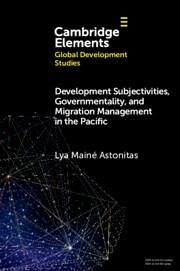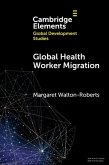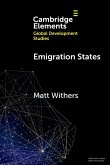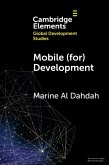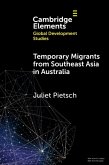This Element shows how the Recognised Seasonal Employer's scheme temporarily recruits from labour-rich countries to New Zealand's horticulture and viticulture sectors. How seasonal migration fits into new migration management regimes is missing. It transforms workers' subjectivities and highlighting its operationalisation and day-to-day situations.
Bitte wählen Sie Ihr Anliegen aus.
Rechnungen
Retourenschein anfordern
Bestellstatus
Storno

